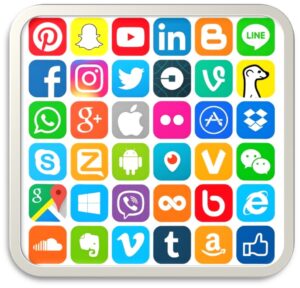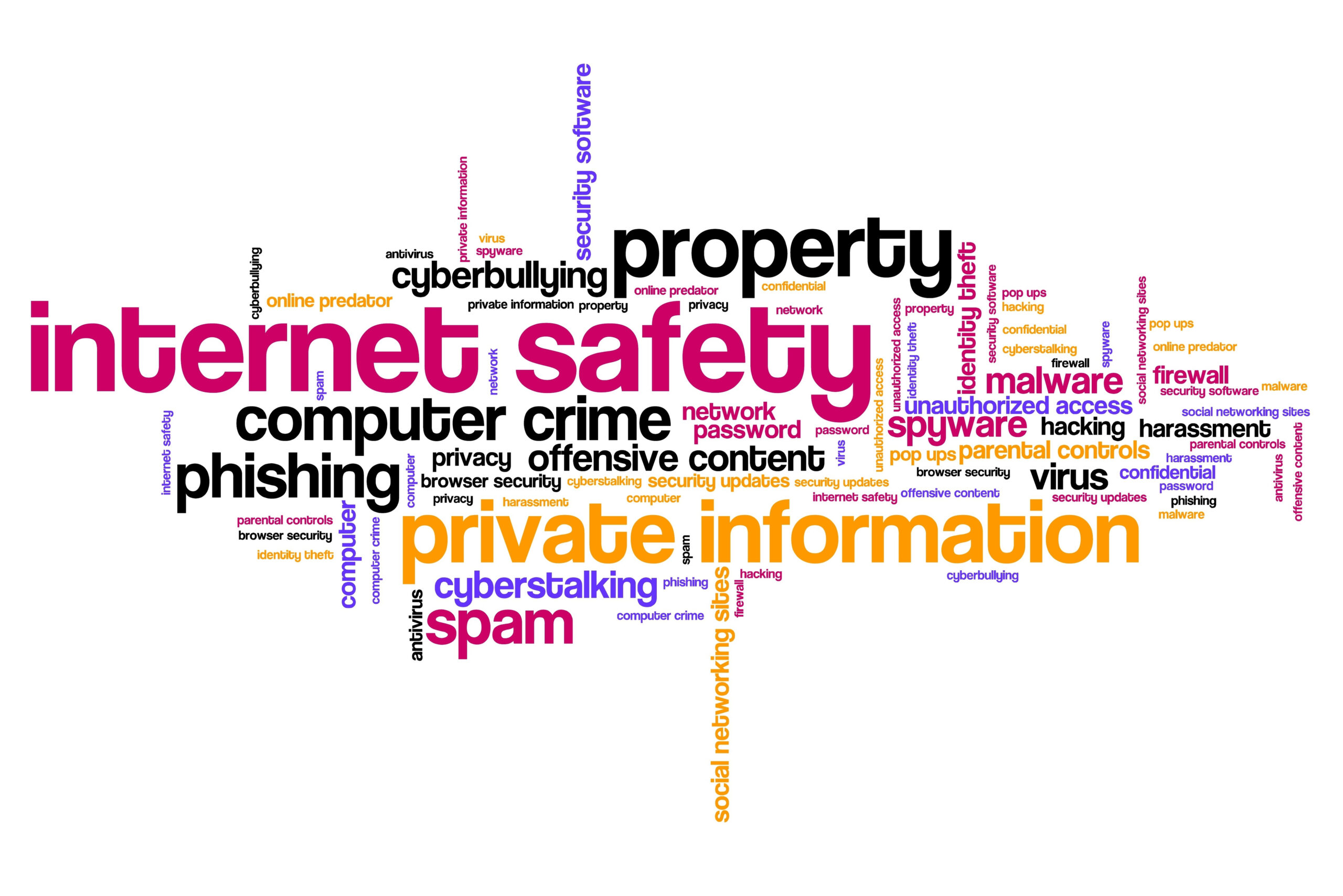Source: https://doi.org/10.6084/m9.figshare.22714888.v1
Enhance Your Journal’s Visibility and Impact
Abstract:
The objective of researchers is to have their work published in high-impact journals that can maximize the visibility and impact of their research. This means making sure that the journal is respected in the academic community and that other researchers are citing their work. In this talk, various practical strategies are presented for journal publishers to enhance their article citations without resorting to unethical practices. Nader Ale Ebrahim, a consultant on research visibility and impact, elaborates on how these factors contribute to a journal's success and provides a selection of "Research Tools" to support editors and editorial staff in promoting and publicizing their publications to enhance their journal's visibility and impact. The attendees of the talk will gain a thorough comprehension of the practical strategies and tools available to market their publications and amplify the visibility and impact of their journals.


